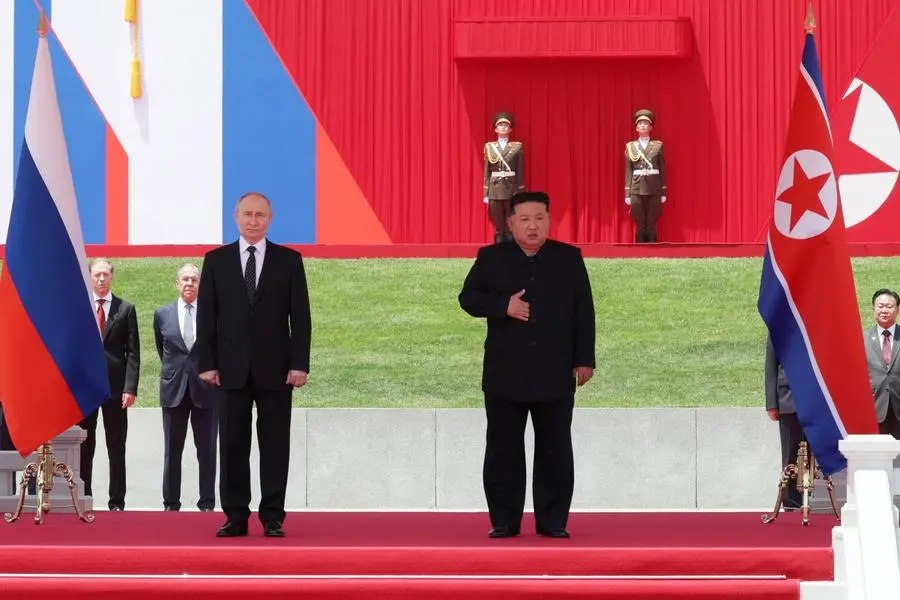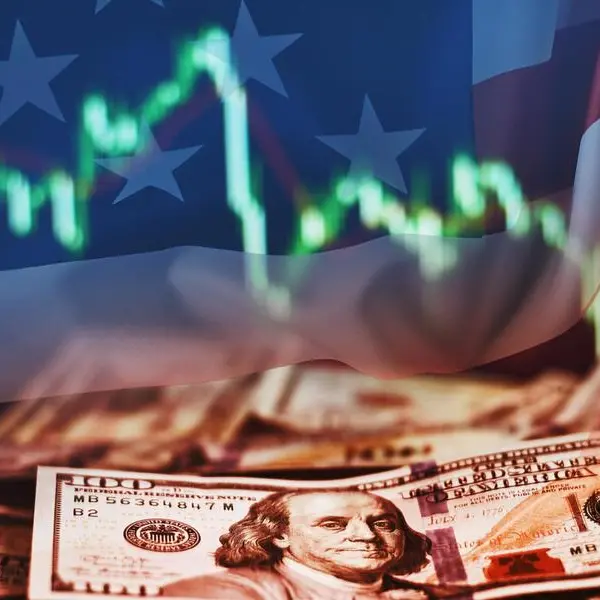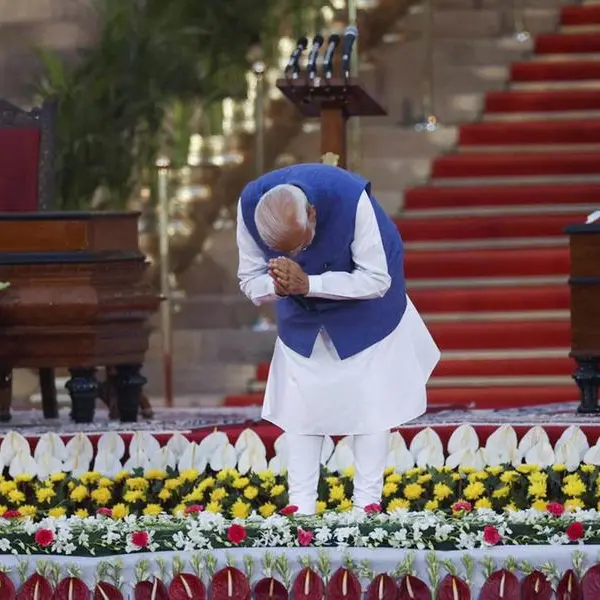PHOTO
BEIJING/SEOUL - China reacted guardedly this week as Russia and North Korea deepened their ties and vowed to resist the U.S.-led West, with Beijing avoiding any trilateral arrangement that might complicate its relations with other countries.
On Wednesday, Beijing watched from the sidelines as North Korean leader Kim Jong Un shared his "in-most thoughts" with visiting Russian President Vladimir Putin in Pyongyang.
Chinese Ministry of Foreign Affairs spokesman Lin Jian said a briefing on Tuesday only that the summit was a bilateral exchange between Russia and North Korea, but did not elaborate.
"China has certain reservations regarding North Korea's deepening military cooperation with Russia, which could undermine Beijing's near monopoly of geopolitical influence over Pyongyang," said Tong Zhao of the Carnegie Endowment for International Peace.
"China is also careful not to create the perception of a de facto alliance among Beijing, Moscow, and Pyongyang, as this will not be helpful for China to maintain practical cooperation with key Western countries," Zhao said.
Since North Korea eased its anti-pandemic border controls last year, trade with China has rebounded but Kim's political engagement has been dominated by Russia.
Kim made his first - and so far only - post-pandemic trip to Russia to meet Putin last year, and Putin is the first world leader to visit the politically and economically isolated North since borders reopened.
Russia also took the unprecedented step of using North Korean-made ballistic missiles, which are banned by U.N. Security Council resolutions, to strike targets in Ukraine, according to U.S. and allied officials, and U.N. sanctions monitors.
China proclaimed a "no limits" relationship with Russia just days before Moscow launched its invasion of Ukraine in February 2022, but Beijing has so far avoided providing weapons and ammunition for the war effort.
China has joined Russia in blocking new sanctions on North Korea at the Security Council, but abstained when Moscow vetoed the extension of a panel that monitored sanctions enforcement.
One South Korean government official, speaking on condition of anonymity, said that there appears to be tension between Beijing and Pyongyang over thousands of North Korean workers who remain in China in violation of U.N. resolutions.
'MORE IMPORTANT CONCERNS'
China is by far North Korea's largest trading partner, and the two share a mutual defence treaty that dates to the 1960s, the only such treaty either country has with any nation.
That relationship is unlikely to change, but Kim's engagement with Putin and their unpredictable behaviour creates new uncertainty for China, said Yun Sun, director of the China Program at the Stimson Center in Washington.
"Until there is a clear development and policy that challenges China’s position, I’d say China is willing to sit aside and see how things go," she said.
For China, closer ties between Russia and North Korea distract the United States, and that is not necessarily a bad thing for Beijing, Sun added.
"China just needs to be careful not to pose it as a trilateral arrangement, which carries too much liability," she said.
While China increasingly clashes with Washington on foreign policy and trade issues, it is far from the international pariah that Russia and North Korea have become. The United States and its allies, Japan and South Korea, topped the list of Beijing's largest trade partners last year.
North Korea issued a rare public rebuke of China after Chinese Premier Li Qiang discussed the North's nuclear weapons with the leaders of South Korea and Japan at a summit in May.
Putin's visit to the North coincided with a visit by senior Chinese foreign and defence officials to Seoul on Wednesday.
"Our side expressed concern about Russian President Putin's visit to North Korea scheduled on the same day, and China expressed hope that exchanges between Russia and North Korea would contribute to peace and stability in the region," South Korea said of the discussions.
China would most likely become concerned if North Korea's partnership with Russia leads to provocative behaviour that makes the regional situation more difficult for Beijing, said Niklas Swanstrom, Director of the Institute for Security and Development Policy in Sweden.
"China wants to do trade, rebuild its economy; they have other more important concerns," he said.
(Reporting by Laurie Chen and Antoni Slodkowski in Beijing and Josh Smith in Seoul; Additional reporting by Ju-min Park in Seoul; Writing by Josh Smith. Editing by Gerry Doyle)





















